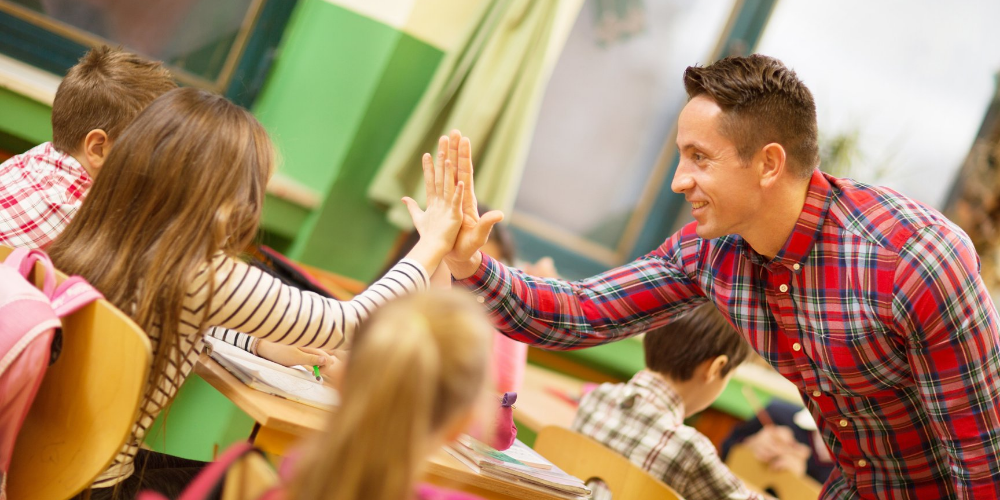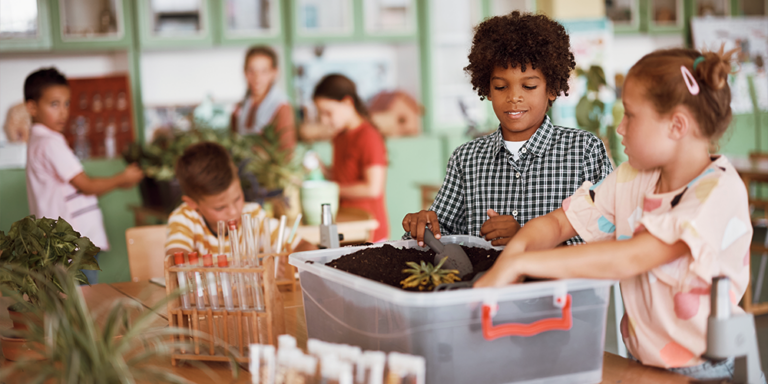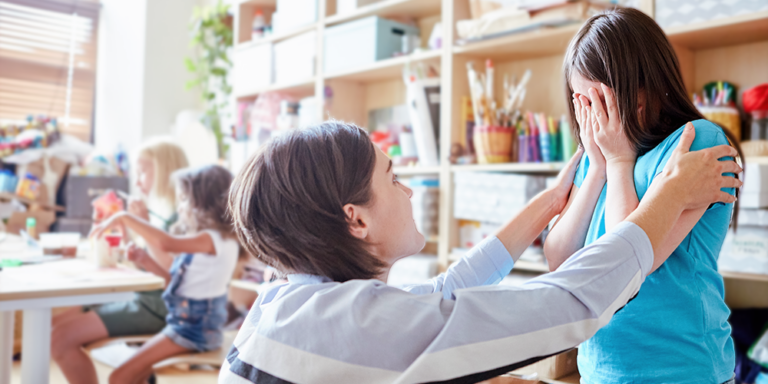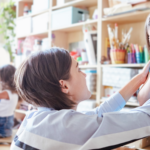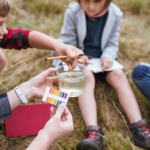Training for future jobs garners images of factories cranking out workers with the perfect skill set to function on an assembly line or cubicle. The focus seems to be on technical knowledge to produce and make money, but education is so much more than that!
Enter “soft skills,” a term coined by the United States military to recognize essential skills that do not necessarily involve working with machines, but tap into the art and skill of human interaction.
Soft Skills play a sizable role in learning, functioning as a human being, and in the 21st Century workforce. Human Resource departments have been trending away from a complete focus on “can they do the work?” to “how will they be an asset to the team and its culture?” and, “how do they interact with others?”
In the world of education, soft skills are within the framework of Social Emotional Learning (SEL), and educators have been teaching them since kindergarten. Students need these skills to contribute to a team and to engage and influence others in the 21st Century. This also involves attributes such as awareness, digital knowledge, flexibility, and readiness for a challenge.
Many schools are working to proactively update curriculum to include SEL frameworks and a variety of fluencies beyond reading, writing, and mathematics. Students will have engaged with activities and projects designed to shift the responsibility of learning from the teacher to the student. (Mohan, et al, 2021). Our students are learning about respect, kindness, positive conflict resolution, and how to be a good team member.
So, I can wholeheartedly support soft skills needed for a better world that includes both expertise and being a good human. With education’s increased concentration on SEL, not only will our students thrive, but they’ll know how to be empathic and strong leaders with the ability to be aware. This is a beautiful way to help students cherish and love this world.
Resources
Mohan, N., Jukes, I., Shaaf, R.L. 2021. Literacy is still not enough. Corwin Press.
